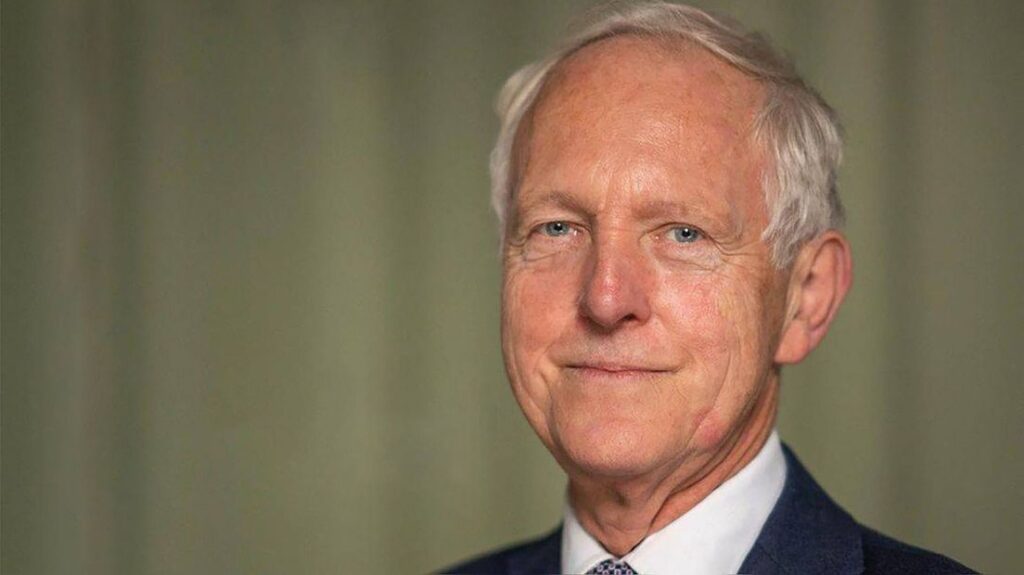European elections and border regions

It seems light years ago that our border regions were at the centre of attention. An unknown, new and highly contagious disease made its appearance. Corona or covid was in the air, and here they came: concrete blocks on the Belgian-Dutch border, German soldiers on the border with Luxembourg, and reproaches from Belgium to the Netherlands about our – from Belgium’s point of view – far too lighthearted corona measures at the beginning of what would later be called a pandemic. Relatively quickly in that corona period, all kinds of practical solutions were found for frontier workers in the border regions, including in the field of social security and taxation. The Netherlands and Germany were definitely pioneers in that field. The European Commission also took initiatives to keep cross-border transport of goods going.
As the European Union often knows how to benefit from times of crisis, the same seemed to apply to our border regions during the corona crisis. Unfortunately, the solutions from that time appear to have evaporated again, especially where taxation of border workers is concerned. In addition, the UWV also knows how to misbehave in a borderlessly citizen-unfriendly way when it comes to benefits of disabled frontier workers, as reported by NOS on 13 June. Only in the field of social security did the EU manage to play its role in 2022-2023 and create a post-corona regulation that brought an acceptable solution for remote work by cross-border workers. The Netherlands and its two neighbours have declared that scheme applicable. For social security purposes, frontier workers can now work from home for half their time without negative border effects. But the Netherlands has not yet managed to adopt a similar arrangement for the tax payment of frontier workers: 34 days a year is the maximum. However, such a limited arrangement leads to unnecessary administrative burdens for employers and employees. It is no wonder, then, that many residents in our border regions have little desire to look for a job in Germany. This is detrimental to the border-regional labour market on both sides of the border. Equally, this is unfavourable for the economic growth of our border regions.
That is why it is important to explicitly see the 34-day arrangement with Germany as a first step. The arrangement does not apply yet, by the way. It is not in force until parliamentary approval is sealed in both countries. It would be good if, in this respect, the Netherlands and Germany also made an agreement along the lines of a recent agreement between Luxembourg and France: there, the 34-day rule is explicitly regarded as temporary, with a legal obligation to evaluate the rule and adjust it if necessary (see a recent study carried out by ITEM p. 30).
However, these were not the issues at stake in the run-up to the European elections. It is tempting to philosophise at length about what the results mean for the future of Europe. Many media have already done so and I will not try to summarise and interpret that here. Is it a move to the right or will the political centre with the Christian democrats and social democrats as leading players sustain themselves as the traditional game changers in the EU? The future will tell and is uncertain. The stakes are high. The geopolitical and trade policy situation, the war around Ukraine, the desperate situation in Gaza, the climate, the migration problems and agrarian discontent. Europe has faced lesser challenges before.
Auke van der Goot
First MP for OPNL
